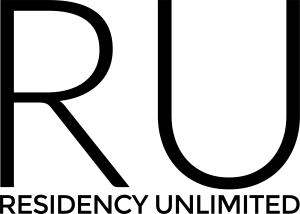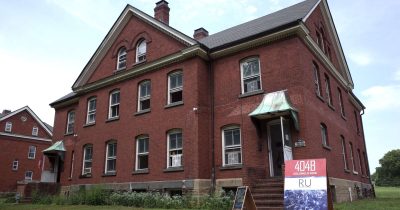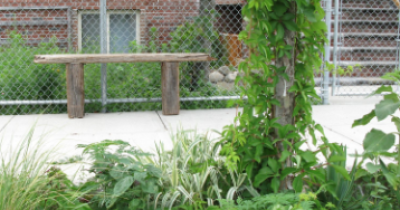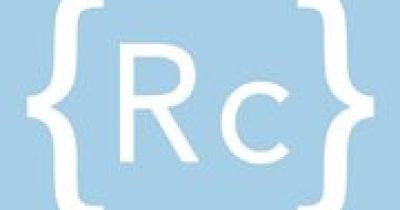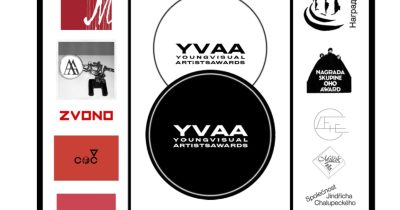Residency Unlimited (RU) is thrilled to announce the four artists participating in the 2020 NYC Artist Residency Program: Elizabeth Moran, Carlos Rosales-Silva, Christopher Udemezue, and Ziyang Wu. These NYC-based artists were selected based on the caliber of their work and the rigor of their engagement with lesser known historical narratives. Their respective practices take on historiography, knowledge making, socioeconomic structures, and the digitization of contemporary society, representing a range of diverse communities traditionally underrepresented in the arts. Scheduled for Apr 13 – Jul 12 with a culminating group exhibition the final week of June, the residency will be amended as necessary to adapt to changing circumstances.
Please join us in welcoming Elizabeth, Carlos, Christopher and Ziyang! RU is looking forward to working with the 2020 cohort of NYC artists, to learning from them and sharing their work with you.
In her current multi-year project, Against the Best Possible Sources, Elizabeth Moran examines the earliest history of the first professional fact-checkers, a role invented in 1922 by TIME, then a fledgling magazine, and held exclusively by women until 1971. As the artist mined TIME, Inc.’s corporate archives, she found that the majority of this narrative is told through the internal correspondences of the male colleagues of the women fact checkers, rather than the women themselves.
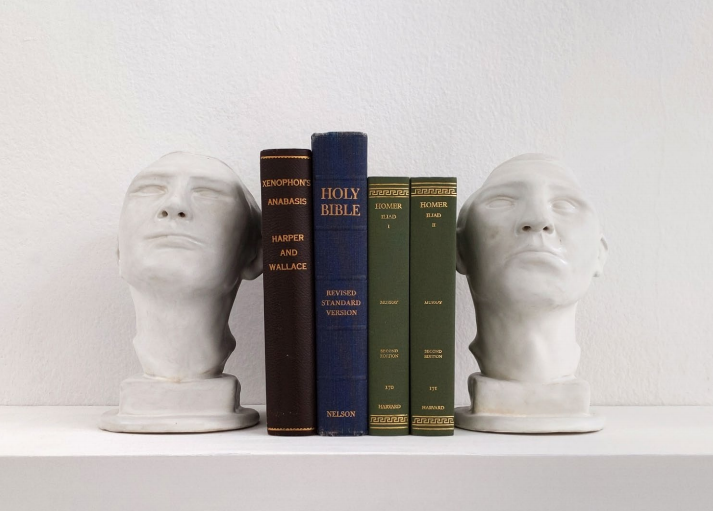
Through Moran’s investigation, she will essentially fact-check the history of fact-checking — reperforming the fact-checker’s labor and embodying the processes invented by the women. This work will both highlight the untrustworthiness of the available information about these women but also, for the first time, publicly name the first fact-checkers and present their story of the early days of modern journalism.
Carlos Rosales-Silva sees abstraction as a productive space in which to consider the tense states Brownness often resides in; the interstitial space between attempting to preserve cultural identities and assimilating for survival purposes, where home is experienced in memory and fleeting moments.
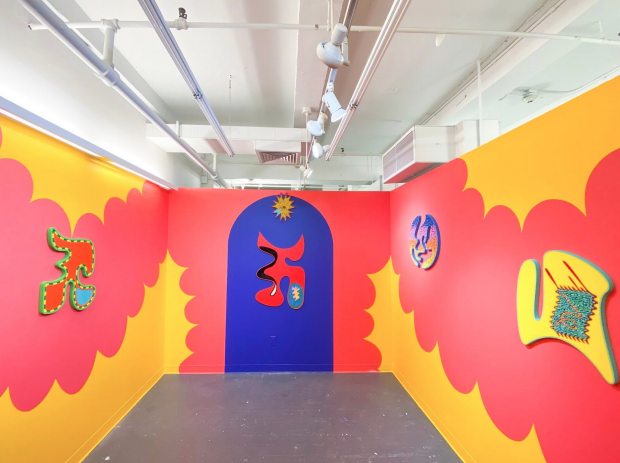
His paintings are the meditative component of a research-based practice that focuses on a critical understanding of western knowledge production. This trajectory considers a deep history of making that spans the complex visual communication of pre-colonial indigenous peoples, to the intentional and functional color language of small businesses and homeowners in predominantly Brown neighborhoods. In recent years Rosales-Silvia’s practice has expanded to include curating, writing, and community based projects.
Christopher Udemezue’s art practice is driven by a personal and historical exploration of class, gender, race, sexuality, and ancestry. Grappling with the realization of his mother’s volatile upbringing in Jamaica, Udemezue considers the economic oppression of people of color in the United States and the Caribbean: “The ghetto never just becomes the ghetto overnight. Systems of oppression make ghettos. Systems of oppression make poor areas in Montego Bay, Jamaica, where my mother is from.”
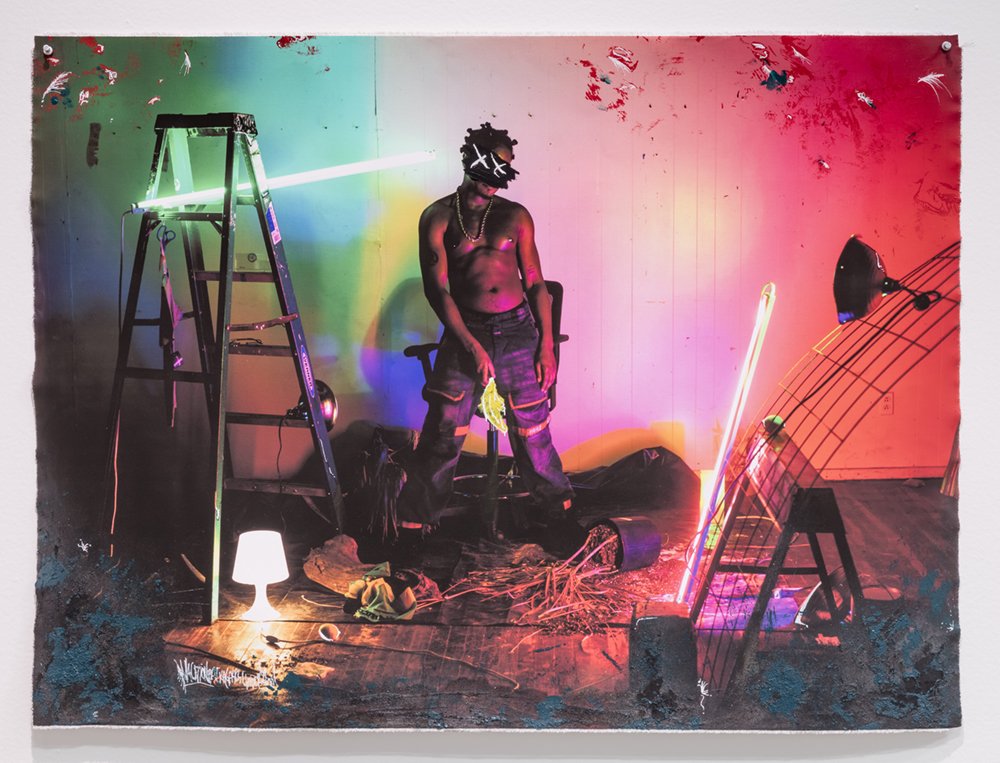
Duppy, the artist’s ongoing body of work, consists of a collection of sculpture-like photographs using bauxite, printed images, and aluminum. The work juxtaposes his mother’s fear of her homeland in contrast to Udemezue’s projections of Jamaica as a nostalgic paradise – a paradise existing outside the turmoil of the social-political landscape in which the artist was raised in the United States.
Ziyang Wu’s most recent body of work, examines how the virtual world ubiquitously alienates and reconstructs humanity in our highly globalized post-internet society. Utilizing augmented reality, 3D printing, motion capture performance, social practice, artificial intelligence application and interactive video installation, the artist addresses how data and algorithms work as invisible forces in our everyday lives.
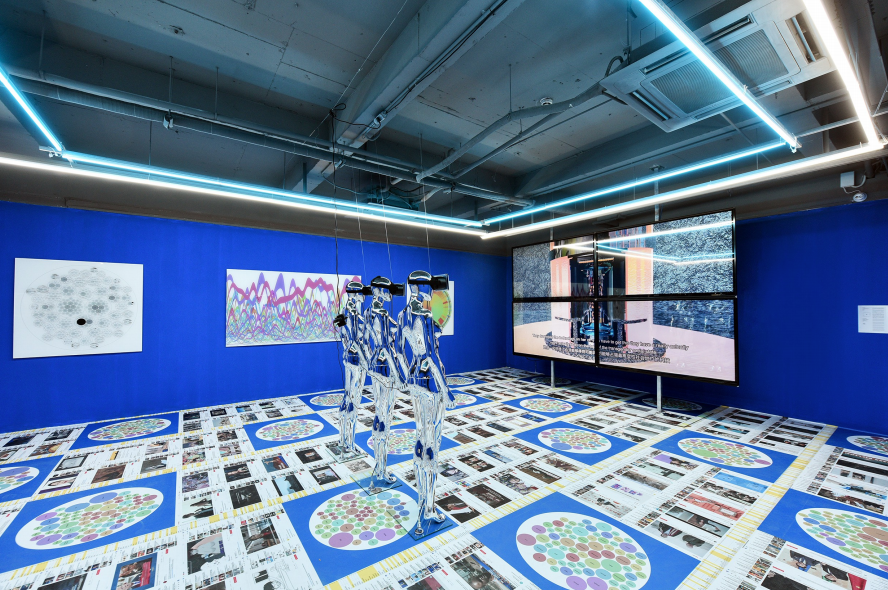
As a Chinese artist living in the U.S., Wu’s relationship with NYC has been largely impacted by his experience teaching at the School of Visual Arts and living in Chinatown and Bedford Stuyvesant, Brooklyn. His interaction with a variety of communities informs his practice in both an American and international context.
About the Panelists:
Natasha Becker is an independent curator, writer, and a co-founder of Assembly Room, an art gallery and curatorial program on the Lower East Side that is dedicated to supporting women in the arts. An expert in contemporary African and African American art, she has curated a number of exhibitions in collaboration with artists, curators, collectors, galleries, museums, and foundations in Africa and the United States, including the inaugural exhibitions Perilous Bodies and Radical Love at the Ford Foundation Center for Social Justice (2019). Natasha has contributed writing to The Brooklyn Rail and is a Curator-in-Residence at Faction Art Projects in Harlem, New York.
Rachel Gugelberger is a cultural producer with a focus on place-based practices around social, cultural, and civic issues. Projects include (after)care (2019), a site-specific exhibition in a former emergency waiting room at Kings County Hospital Center in East Flatbush, Brooklyn; Jameco Exchange (2016), a site-responsive exhibition and socially engaged education platform in a vacant storefront in Jamaica, Queens; and Bring in the Reality (2015), an exhibition at the intersection of activism and storytelling at the Nathan Cummings Foundation, NY. Independent curatorial projects have focused on the intersection of information, data, and art, including: Once Upon a Time There was the End, the Center for Book Arts, New York, NY and Data Deluge, Ballroom Marfa, TX. She has served as curator at No Longer Empty (NLE) and director of the NLE Curatorial Lab program, as co-director of Sara Meltzer Gallery, and as a curator at Exit Art.
Ilk Yasha is an arts administrator, multidisciplinary facilitator, and educator at The Studio Museum in Harlem. He has worked with arts and cultural organizations such as Pioneer Works, Lower Manhattan Cultural Council, Museum of the City of New York, and Brooklyn Historical Society. He currently manages the Studio Museum Institute, a suite of programs that aggregates the Museum’s commitment to train and mentor art world leaders from historically underrepresented backgrounds including scholars, curators, and educators. He has a PhD in Middle Eastern and Mediterranean Studies, an MA in Policy Studies & Political Science, and a BS in Biology.
This program is supported, in part, by public funds from the New York City Department of Cultural Affairs in partnership with the city council and generous support from individual donors.
